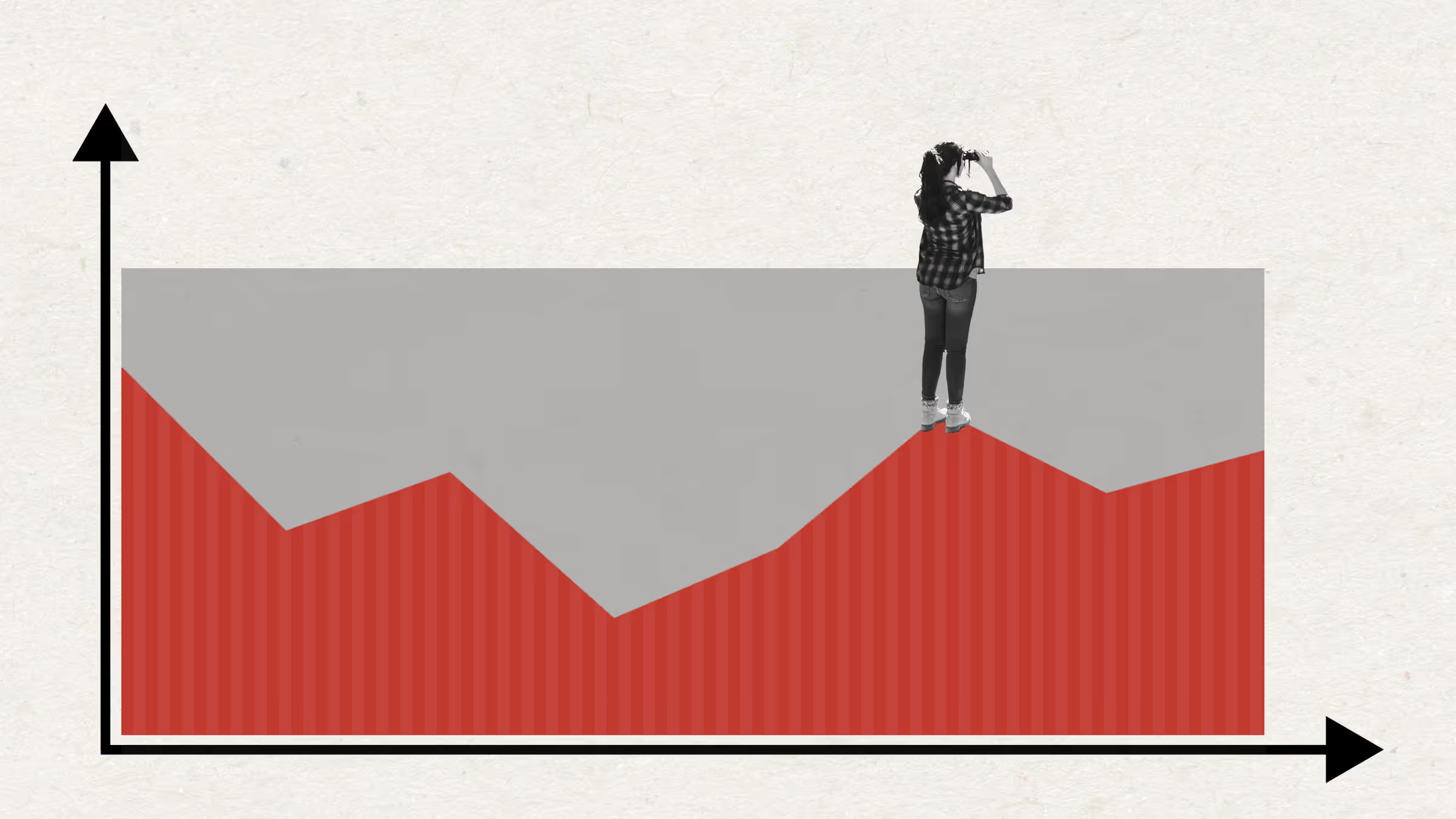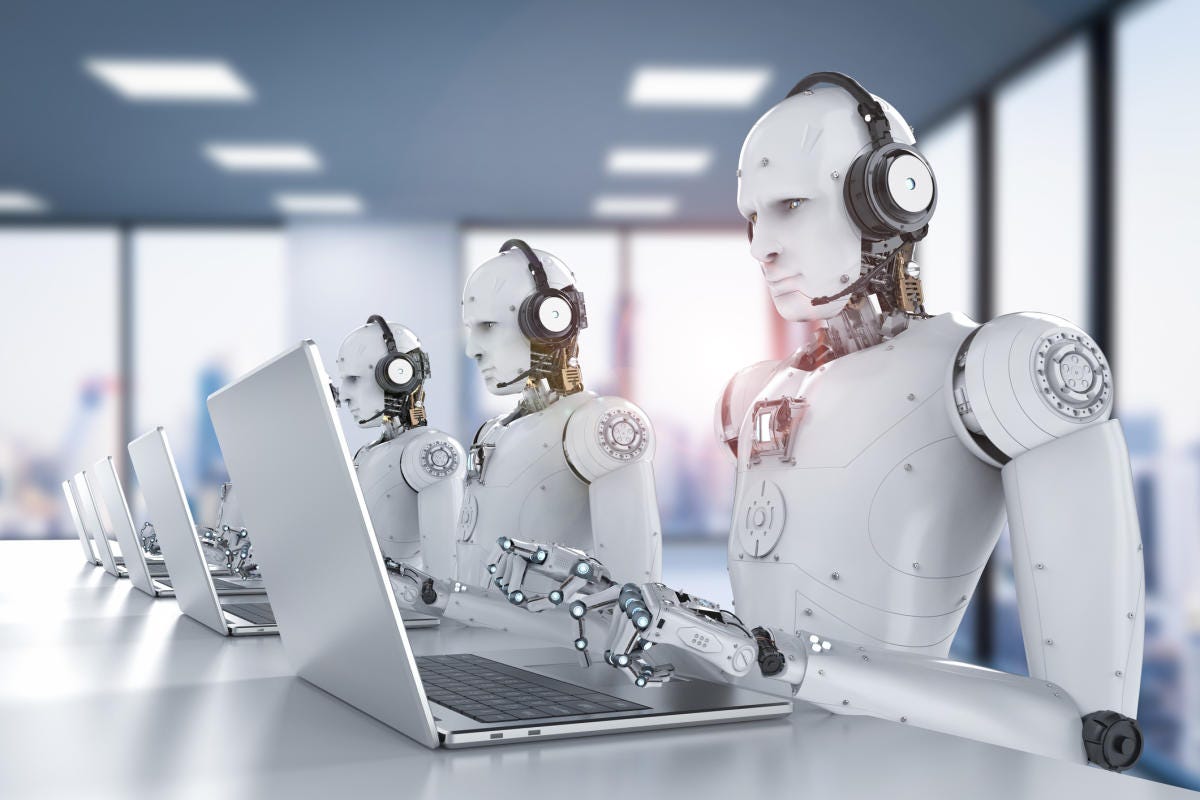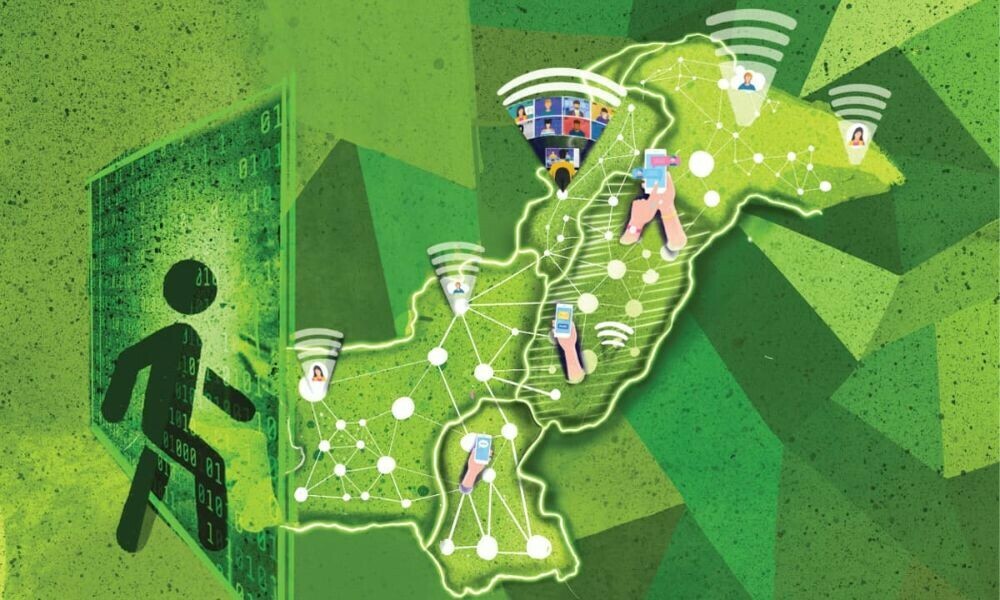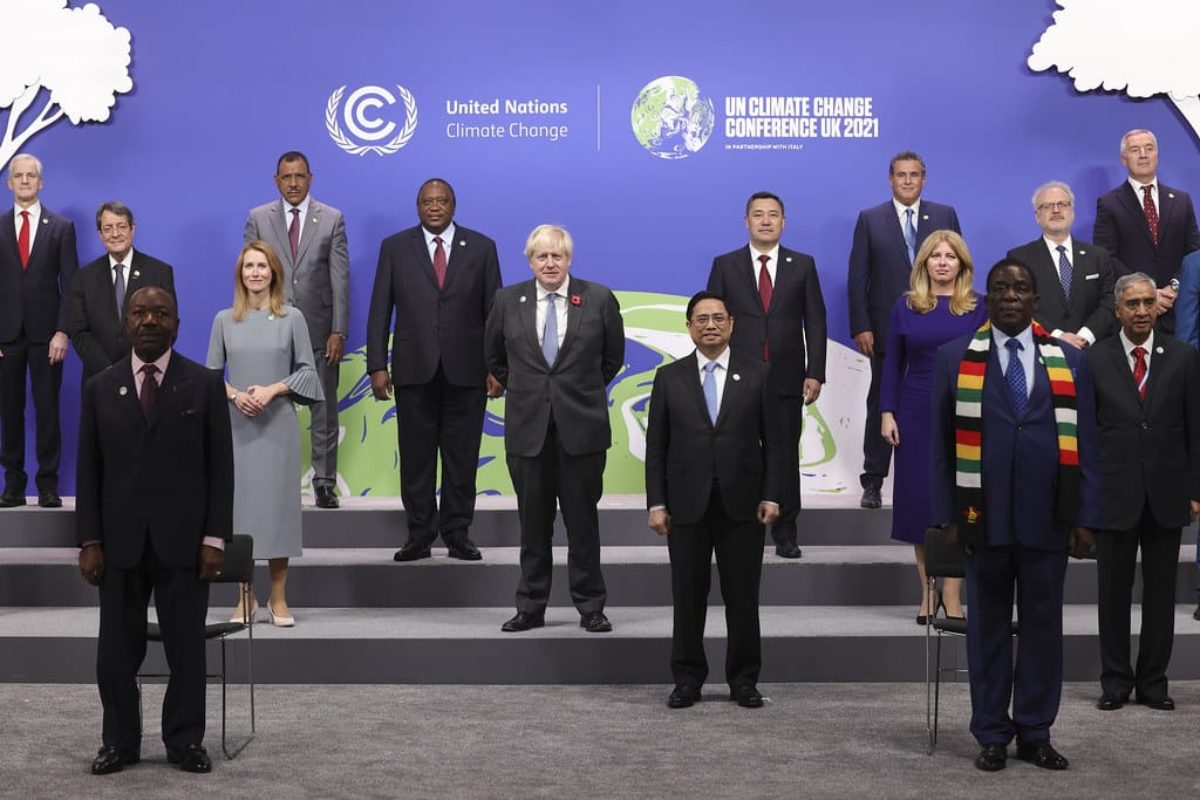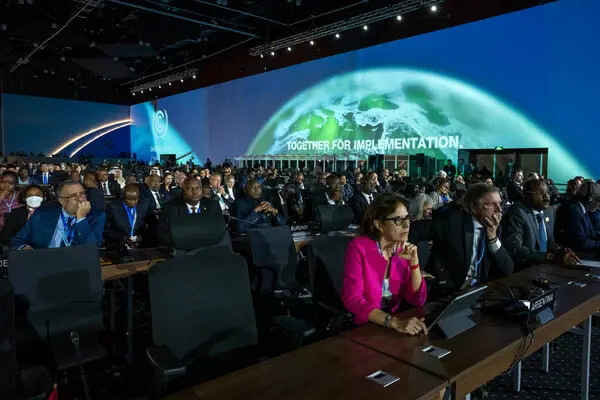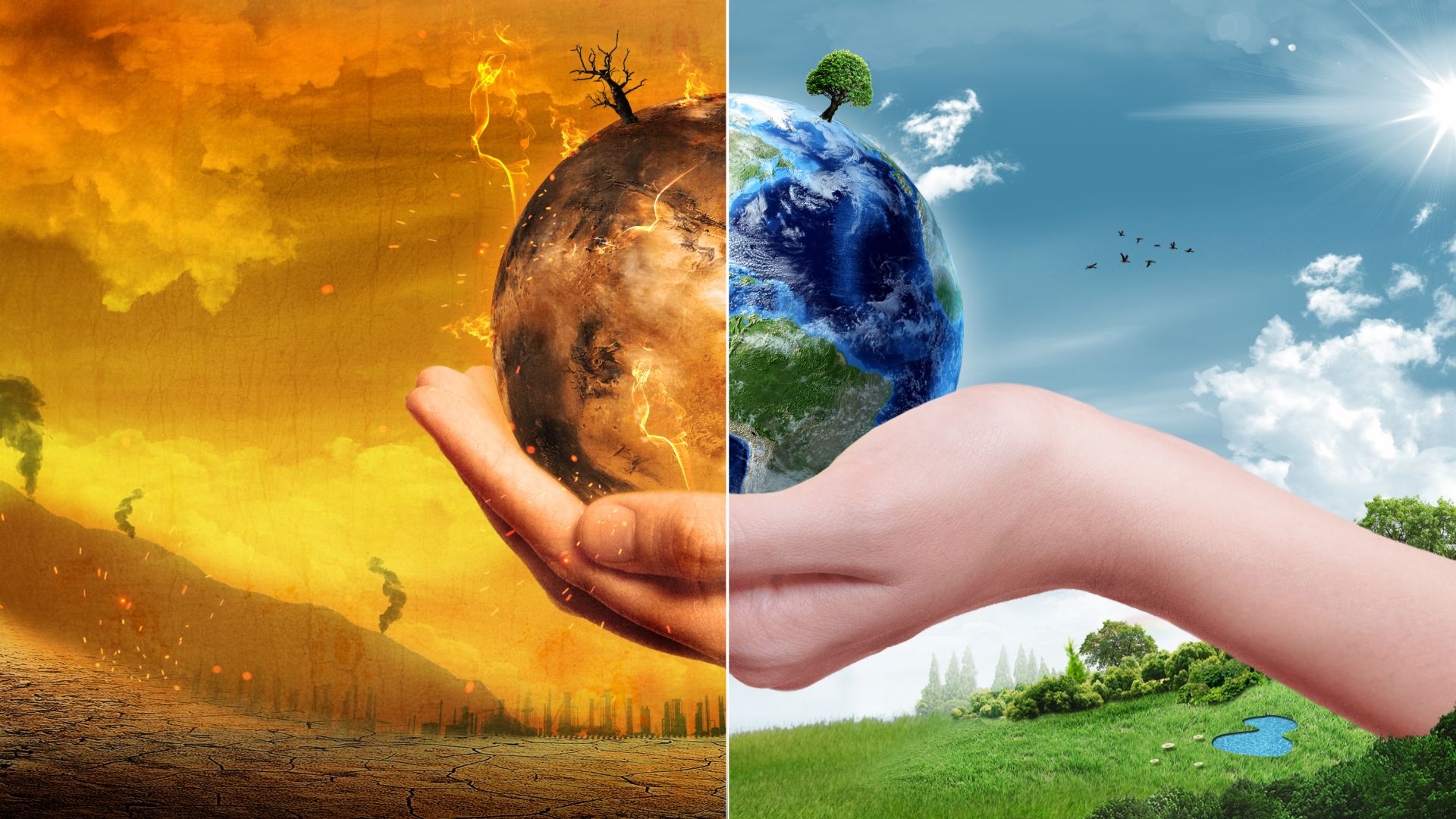The global economy is showing signs of slowing as inflation, supply chain disruptions, and geopolitical rivalries place mounting pressure on growth. Many developed nations are grappling with high interest rates, while emerging markets struggle with rising debt levels and currency instability.
Experts warn that the combination of economic strain and political uncertainty could lead to prolonged volatility in global markets.
Trade Wars and Global Competition
Trade disputes between major powers such as the United States, China, and the European Union are reshaping the global economic order. New tariffs, export restrictions, and technology bans have disrupted supply chains, particularly in the technology and manufacturing sectors.
These conflicts are not only economic but also political, as countries use trade as leverage in diplomatic negotiations. The resulting instability threatens global cooperation and investor confidence.
Energy Crisis and Market Instability
Fluctuations in oil and gas prices continue to impact global markets. While renewable energy adoption is accelerating, reliance on fossil fuels remains strong, leaving economies vulnerable to shocks. Political tensions in energy-producing regions exacerbate the crisis, pushing countries to diversify energy sources and invest in long-term sustainability.
The volatility in energy markets has direct consequences for industries and households, driving up costs and sparking protests in several nations.
Technology and Innovation as Economic Drivers
Despite challenges, technology remains a bright spot for global growth. Advancements in artificial intelligence, digital finance, and green technologies offer opportunities for countries to strengthen their economies. Governments are increasingly investing in innovation to gain a competitive edge and secure future growth.
At the same time, the global technology race has become a point of contention, with countries vying for dominance in areas like semiconductors, 5G, and AI.
The Role of International Cooperation
Multilateral institutions such as the IMF and World Bank are calling for stronger cooperation to address shared challenges. However, political polarization often hinders collective action. Without effective collaboration, the risks of financial crises, rising inequality, and global instability are likely to increase.
International cooperation will be essential for stabilizing economies, managing climate change, and ensuring sustainable growth.
FAQs
What factors are slowing global economic growth?
High inflation, rising interest rates, debt burdens, and political instability are major contributors.
How are trade wars affecting the economy?
Tariffs and export restrictions are disrupting supply chains, especially in technology and manufacturing.
Why is the energy crisis significant?
Fluctuating oil and gas prices increase costs for households and industries, sparking social unrest.
Can technology help the global economy recover?
Yes, innovations in AI, digital finance, and green energy are driving new growth opportunities.
What role does international cooperation play?
It is critical for stabilizing economies, addressing climate change, and promoting long-term growth.
Conclusion
The global economy stands at a crossroads, challenged by inflation, trade disputes, and political instability. While risks continue to mount, opportunities in technology and renewable energy offer a pathway toward resilience and recovery.
Sustainable growth will depend on governments’ willingness to cooperate, manage political tensions, and embrace innovation. Without decisive action, the world could face a prolonged period of uncertainty that impacts both businesses and ordinary citizens.

